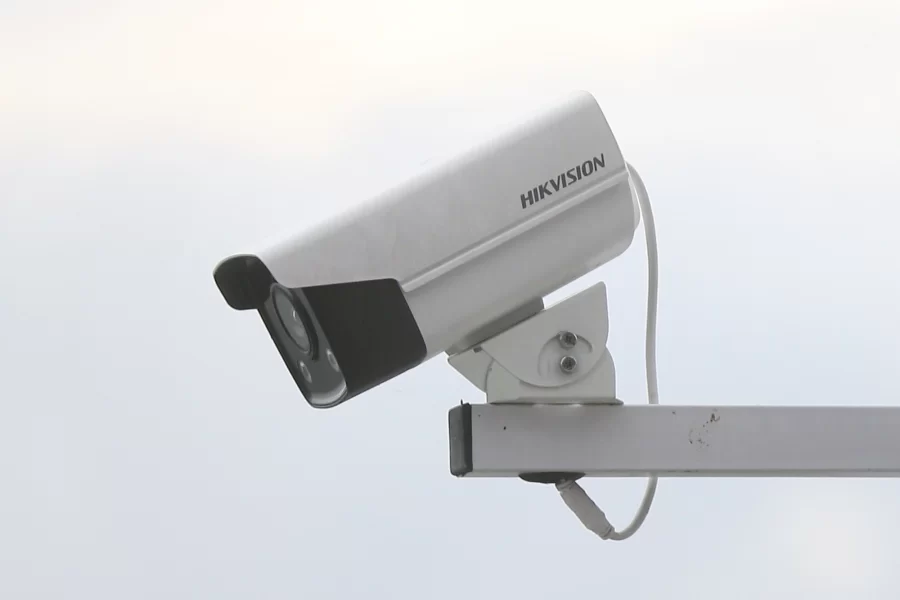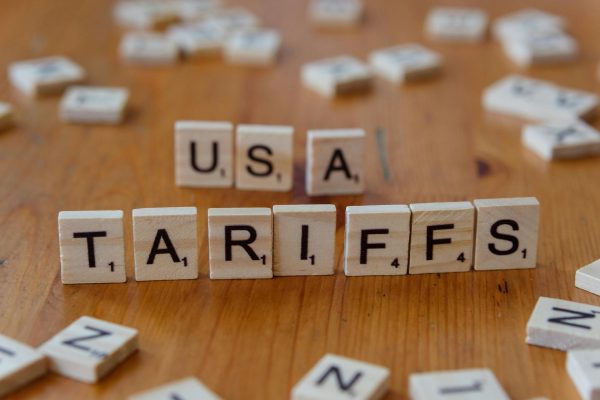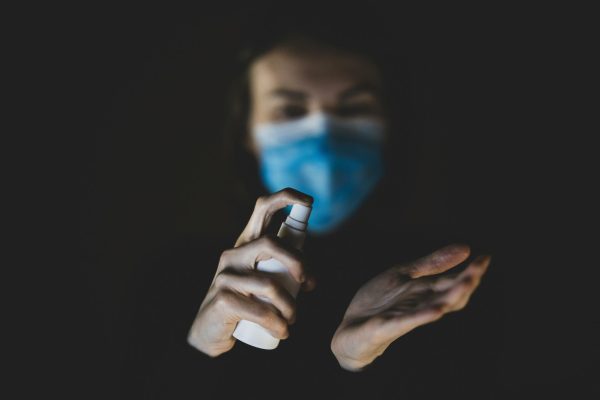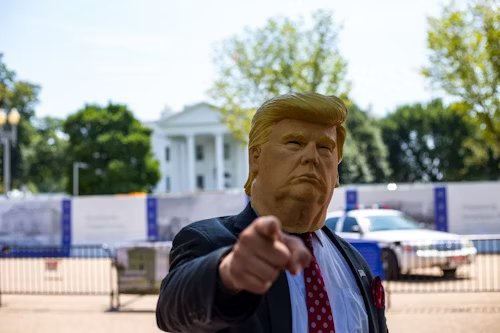Foreign Nations Remove China-Made Security Cameras
Several countries are moving to remove several surveillance cameras that are made in China. Following the trend in November 2022, when US and UK had taken action against camera companies Hikvision and Dahua, Chinese camera producing companies, these nations believe that surveillance cameras that originated in China could potentially leak information to the nation itself.
Australian officials claimed that several Chinese-made security cameras would be removed from the offices of politicians. According to the Australian Department of Defense, at least 913 Chinese-made security cameras have been installed in over 250 Australian government buildings. The Australian Defense Minister claims that the efforts are to “make sure that our facilities are completely secure.”
Similar motions have been made by other countries, including the UK and the US, for these counties have mentioned that they fear the Chinese companies could be forced to share the footage with Beijing.
The United States had blacklisted the companies Hikvision and Dahua for allegedly “helping the Chinese government carry out a ‘campaign of repression.’” The allegation was based on the 2017 Chinese National Intelligence Law, which makes companies hand over data to intelligence agencies if requested. Seeing the potential danger, the US put the two companies on a trade blacklist. The same laws have raised significant concerns about data security in the app TikTok, which is owned by the Chinese parent company ByteDance.
In response to questions from Australian Liberal Senator Claire Chandler, the Finance Department mentions that they need to remove around 45 more offices. Meanwhile, the removal of intercoms is at a more efficient stage. The discovery of additional cameras is at an all-time peak, primarily due to the scrutiny placed on Chinese surveillance after the downing of the spy balloon over the United States.
Apart from their link to Chinese intelligence agencies, the cameras from Hikvision and Dahua are also known for having points of vulnerability. In 2020, the Lithuanian National Cyber Security Center identified 61 points, revealing that several units had sent Lithuanian data to Russian servers. Additionally, it was found that Hikvision cameras could be hacked so that attackers could gain control over the devices. While Hikvision has released an update to solve these vulnerabilities, tens of thousands of systems in over 100 countries still have not applied the update.
Amdi Australia’s replacement efforts, other countries have also recognized the potential danger these cameras present. Mathew Warren, director of the Cyber Security Research Center at Melbourne’s RMIT University, claims that the security systems pose a serious concern, as they were chosen to optimize cost rather than security. “These low-cost cameras would have been chosen with cost being a major factor in [the] decision-making process,” he states.
While Australia, which has pledged to remove and replace more than 130 cameras in the first quarter of the new year, is currently the leading remover of these security cameras, the world is wary of the security leaks in the cameras. Several counties, along with Australia, are surveying and identifying additional security sites, taking additional steps to promote national privacy.

Akshata is a senior who loves to be creative and put her mind to things. She has been in the newspaper for three years, and is excited to finish her final...









